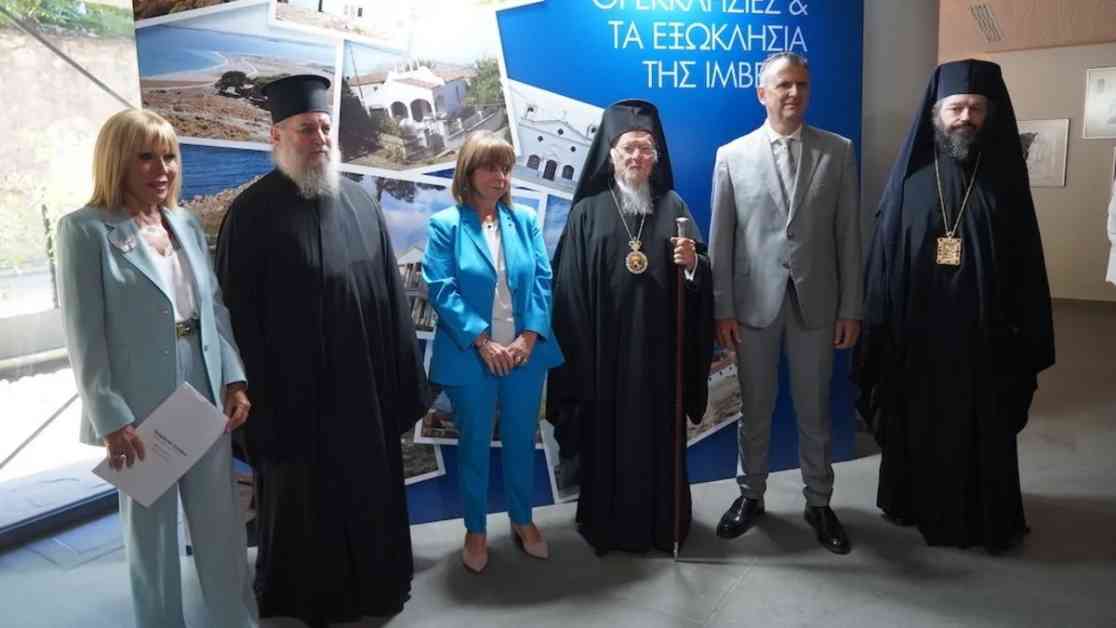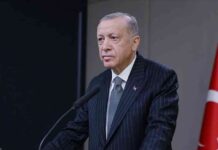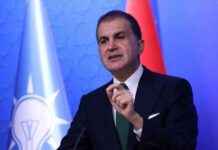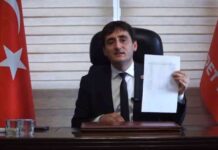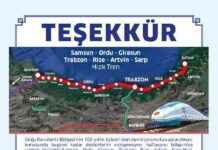The Controversial Pan-Imroz Conference in Athens
The recent Pan-Imroz Conference held in Athens, organized by the Great Helen Foundation under the patronage of the Fener Greek Orthodox Patriarch Bartholomew, has stirred up controversy regarding the status of the Ecumenical Patriarchate and the territorial claims surrounding the islands of Imbros (Gökçeada) and Tenedos (Bozcaada). During the event, Bartholomew was once again presented as the “Ecumenical Patriarch,” in violation of the Treaty of Lausanne, sparking debates about historical inaccuracies and political agendas.
Bartholomew’s Claims and Accusations
In his opening speech at the conference, Bartholomew made unfounded allegations against Turkey, portraying the country as an occupier in Imbros and Tenedos. He falsely claimed that Turkey had arrested Rum inhabitants of these islands, emptied villages, and created a climate of terror. He went on to outline a detailed plan for resettling Rum populations on the islands, further escalating tensions between Turkey and the Greek Orthodox Church.
An Analysis of the Situation
Historian Ismail Öz sheds light on the historical context of the Patriarchate and the implications of Bartholomew’s actions. He emphasizes that the title of “Ecumenical Patriarch” is being used for political purposes, rather than purely religious ones, highlighting the ulterior motives behind the conference in Athens. Öz points out that the claims made by Bartholomew and the Greek authorities regarding the islands and Istanbul are rooted in historical disputes and territorial ambitions, rather than genuine concerns for religious freedom.
Öz delves into the history of the Patriarchate, tracing its origins back to the Ottoman era and the complex relationship between the Turkish state and the Greek Orthodox Church. He argues that the use of the title “Ecumenical Patriarch” is part of a larger strategy to establish Istanbul as the religious center for Orthodox Christians worldwide, a move that goes against the provisions of the Treaty of Lausanne. By examining the historical context and political implications of the conference, Öz highlights the need for a nuanced understanding of the situation and the challenges it poses for Turkey and its relations with the Greek Orthodox Church.
In conclusion, the Pan-Imroz Conference in Athens has reignited tensions between Turkey and the Greek Orthodox Church, raising questions about the true intentions behind Bartholomew’s pursuit of ecumenism and the territorial claims surrounding Imbros and Tenedos. As the debate continues, it is essential to consider the historical complexities and political dynamics at play, in order to navigate towards a peaceful resolution and mutual understanding.

